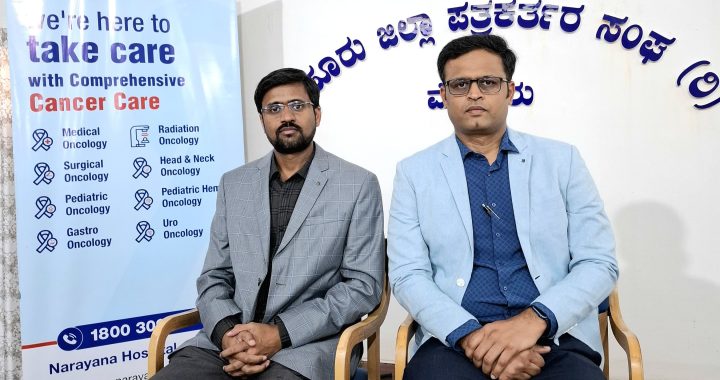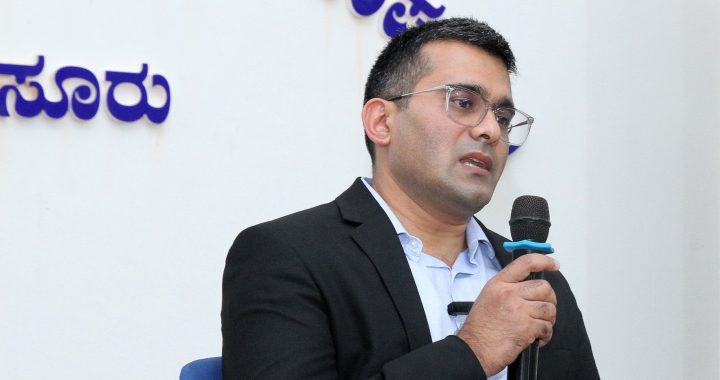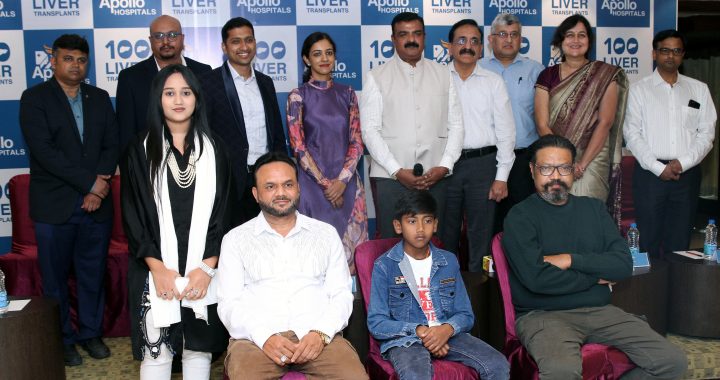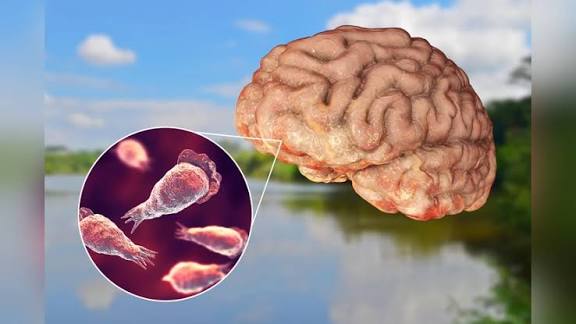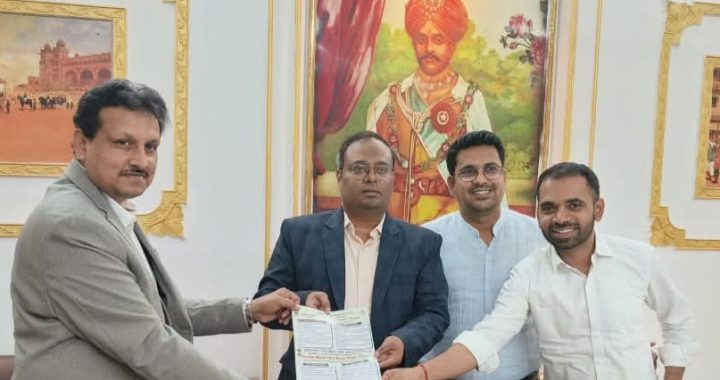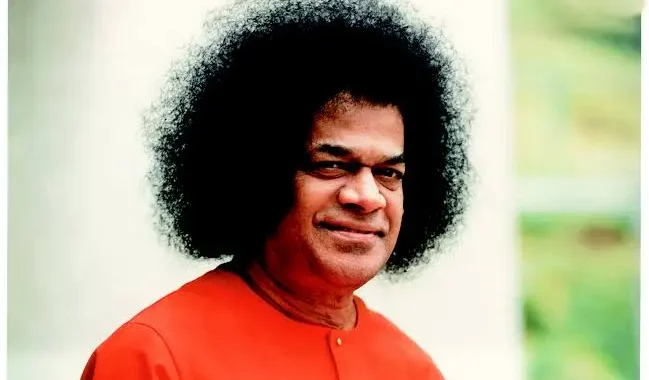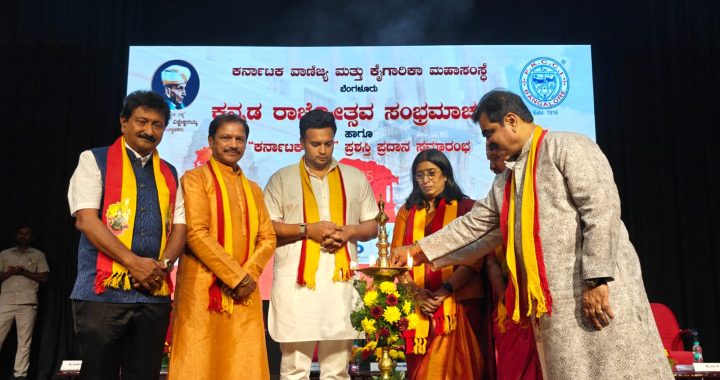Heart Attack & Stroke Management should be national priority: Deve Gowda
4 min read
New Delhi: Former Prime Minister and Rajya Sabha MP H D Deve Gowda addressed the Upper House, emphasising the need for a stronger and more inclusive healthcare system, particularly in rural India.
Lauding the government’s commitment to the health sector, he compared the significant increase in budget allocations under Prime Minister Narendra Modi’s leadership to the previous UPA government.
“In 2013-14, the budget allocation for the health sector was merely Rs 37,000 crore. Today, under the able leadership of Prime Minister Shri Narendra Modi, this allocation has increased to Rs 99,058 crore. I congratulate the Prime Minister and the Hon’ble Health Minister for this remarkable progress,” Deve Gowda stated.
Call for a National Program on Heart Attack & Stroke Management
The former Prime Minister urged the government to launch a nationwide scheme for heart attack and stroke management under the Ayushman Bharat program. “Heart attacks and strokes are leading causes of death in India. Every year, we lose lakhs of people, and unfortunately, 30% of heart attacks occur in individuals below the age of 45,” he warned.
He emphasised the importance of early intervention, suggesting that clot-dissolving injections costing Rs 18,000 should be made available at taluk hospitals to stabilise patients.
“Treatment in the golden hour—preferably within six hours—can save lives. After initial stabilization, patients should be shifted to nearby cities for angioplasty and stent procedures under Ayushman Bharat,” he added.
He also pointed out that while angioplasty is covered under Ayushman Bharat, life-saving medicines should also be included in the scheme.
Addressing the shortage of doctors & nurses in rural hospitals
Deve Gowda strongly advocated for an increase in salaries for MBBS doctors working in rural areas, who currently earn ₹50,000-60,000 per month on a contractual basis.
“Even MBBS doctors are not willing to serve in rural hospitals due to low salaries. The government must increase their pay to at least ₹80,000-90,000 to attract more professionals to PHCs, CHCs, and taluk hospitals,” he urged.
He further suggested incentives for doctors serving in rural areas, including additional weightage during postgraduate admissions and a dedicated rural quota for PG seats.
“If we do not address the rural healthcare workforce crisis, our villages will continue to suffer from a lack of proper medical care,” he cautioned.
Similarly, he raised concerns about low salaries for staff nurses in government hospitals, who are currently paid just ₹13,000 per month.
“This salary is even lower than the daily wage standard. It must be increased to at least Rs 20,000-28,000 so that nurses can sustain their families and continue serving in public hospitals,” he suggested.
HPV Vaccination & Cancer Prevention
He also called for the inclusion of HPV vaccination in the national immunization program to prevent cervical cancer. “Cervical cancer is one of the most common cancers among women. HPV vaccination can reduce its occurrence by 80-90%. The best strategy would be to vaccinate high school girls as part of the national immunization program,” he proposed.
Encouraging Private Sector Investment in Rural Healthcare
To improve healthcare access in underserved areas, Deve Gowda suggested a five-year tax holiday for private hospitals setting up small specialty centers in rural regions. “If we want quality healthcare in villages, we must encourage private players by offering tax incentives,” he said.
He also urged better financial support for ASHA and Anganwadi workers, who play a crucial role in public health outreach. “These workers are the backbone of our rural healthcare system. Their honorariums must be revised periodically to ensure their motivation and commitment to serving the people,” he noted.
Strengthening Ayushman Bharat & Expanding Medical Education
Deve Gowda praised the success of Ayushman Bharat, highlighting that over 70% of India’s population is benefiting from the scheme. “This initiative, launched in 2018 under PM Modi, has transformed healthcare access for millions. I congratulate the Hon’ble Prime Minister, Health Minister, and the Leader of the House for ensuring that even the poorest citizens receive quality healthcare,” he said.
However, he pointed out that several essential implants and medical procedures are still not covered under Ayushman Bharat, causing financial strain on patients. “I urge the central and state governments to collaborate and expand the scheme further so that more life-saving treatments can be included,” he added.
Deve Gowda concluded his speech by urging the government to prioritize rural healthcare, increase financial support for medical professionals, and expand key health programs. “With the right policies and intent, we can save countless lives, improve healthcare accessibility, and ensure that no citizen is deprived of medical care due to financial constraints,” he remarked.
His speech received widespread attention in the Rajya Sabha, with members acknowledging the importance of his recommendations. “I trust that the government will take note of these suggestions and work towards strengthening our healthcare system, particularly in rural India,” he said in his final remarks.
– Team Mysoorunews

